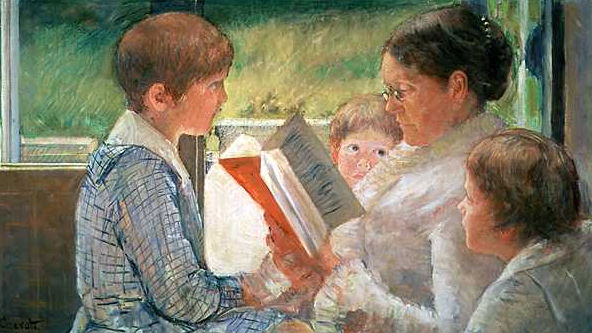Free Porn Lowers Rape Rates

A protest in Toronto last weekend against sexual assault stereotypes, affectionately called the “Sluts March”, reminded me that I have omitted (or perhaps avoided) talking about rape here on Dollars and Sex. You may think that violent crime falls outside the scope of economic analysis, but there is a question about rape rates that is worth examining within an economic framework: How has the rise of internet access contributed to the fall in rape rates over the past twenty years?
The FBI’s Uniform Crime Report has recently released the preliminary statistics for 2010. The incidence of violent rape in US has declined once again, this time by 6.2% between June 2009 and June 2010. The most recent decline is not an anomaly; rape rates have been falling since their peak in the early 1990’s (see the figure I have included below which uses annual data from the FBI). Over the same period internet access in the US has skyrocketed; in 1997 (the first year that the current population survey collected this information) only 18.6% of American’s had internet access in their homes. Today that number is above 71%.
It may seem like the relationship between internet access and rape is spurious, but evidence suggests that even after controlling for known determinants of rape rates (such as policing, urbanization, poverty and the age distributions), a 10% increase in internet access coincides with a fall in rape rates of 7.3%. *
With 88,097 rapes in the US in 2009, this suggests that if 81% of US homes had internet access 6,437 fewer women would report being raped every year. Once you take into consideration unreported rapes that figure will be much higher.
The argument given in this particular paper is that porn and rape are, in the economic sense, substitutes. Two “goods” are substitutes when the price of one good falls, the demand for that good increases relative to the other good.
The price of porn had fallen dramatically over the past twenty years and the evidence suggests that as that has happened men have substituted away from rape to the now relatively cheaper porn.
The group that has seen the biggest increase in access to cheap porn is men in their late teens and early twenties. Before the advent of internet porn young men, especially those who lived with their parents, were all but barred from access to cheap porn unless they had a helpful uncle. Young men are also the demographic group with the highest number of rapists (24 per 100,000 of the male population). One of the most interesting results in this paper is that this effect of internet access on rape is largest for men in the 15-19 age bracket. In fact, it is the behaviour of this group that is driving the over-all relationship between cheap porn and rape observed in the data.
Another interesting result is that if you only look at states with high male-to-female ratios the effect of internet access in reducing rape is much greater; a 10% increase in internet access reduces the rape rate by an incredible 15% in states where men outnumber women.
Now, this research does not measure access to porn it measures access to the internet and the internet has content other than porn (and other than economists who talk about porn, just to be clear). So the relationship between access to the internet and rape could be capturing some effect other than porn. For example, perhaps the increase in internet dating sites has increased the opportunity for consensual sex and that has reduced rape rates. That could be true except that only a very small portion of people under the age of 19 use online dating. Plus online dating could very well increase rape rates if it encourages women to meet face to face with strangers.
So, not good results for those who have tried for years, largely unsuccessfully, to prove that access to porn increase male violence. There are also some interesting implications for how we think about the motivation for rape. It is difficult, for example, to reconcile a belief that rape has nothing to do with the act of sex itself if the evidence suggests that teenage boys are choosing to masturbate in front of their computers instead of being rapists.
I would say that jury is still out on this one so don’t go writing your local authority demanding increased access to cheap porn quite yet. This particular paper is still unpublished and there is plenty of work that can still be done on this issue.
* Kendall, Todd (2007). “Pornography, Rape, and the Internet.” Unpublished manuscript.





